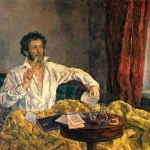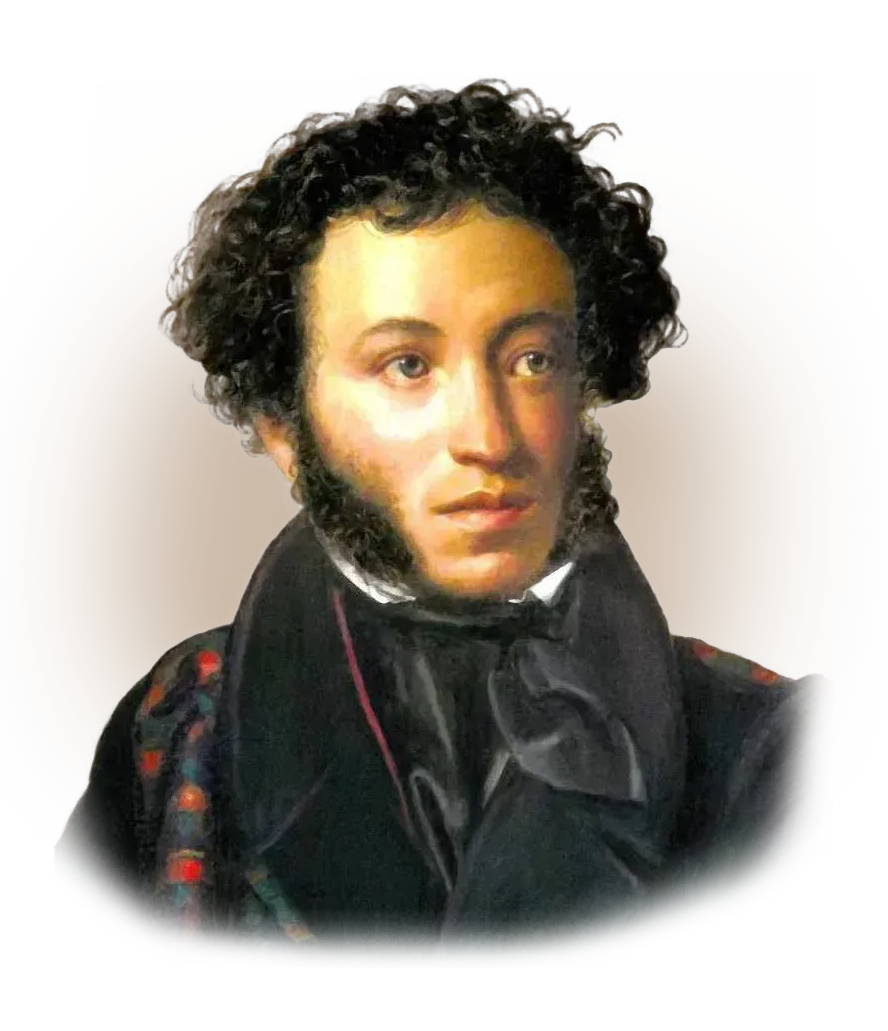
27.12.2023
The work of Alexander Pushkin, one of the greatest Russian poets, is permeated with reflections on spirituality, faith and religious motives. His works reflect not only ecclesiastical images and motifs, but also a philosophical search for the spiritual meaning of human life.
Religious motives in Pushkin’s work
- Images and symbols.
In Pushkin’s works there are images from biblical stories, saints, church rituals and symbols. He used them to express moral and philosophical ideas. For example, the “Bronze Horseman” reflects the themes of faith, forgiveness and mercy through the image of the tsar-St. Peter.
- Attitude to the Church and faith.
Pushkin treated the church with respect, but in his work there is criticism of church institutions and dogmas more than once. At the same time, he invariably addresses issues of spirituality, the search for truth and the meaning of life.
- A philosophical approach.
Religious motifs in Pushkin’s work are not limited only to external symbols. He asked deep philosophical questions about faith, fate, good and evil, the meaning of life, and tried to find answers to them in his works.
Thus, religious motifs in Pushkin’s work not only serve as a source of symbolism and images, but also are an important philosophical element of his works. He comprehended the spiritual aspects of life, not hesitating to criticize, but also recognizing the importance of faith and morality. This spiritual depth makes his work eternal and relevant to readers of all times.
You may also like:
27.12.2023
Features of A.S. Pushkin's fairy tales

27.12.2023
The Genius of Romanticism: the evolution of Literary style in Pushkin's work

17.10.2023
Pushkin's Censored Works: Defying Suppression in Imperial Russia

17.10.2023
Pushkin's Literary Palette: Exploring the Genres Mastered by the Russian Bard
